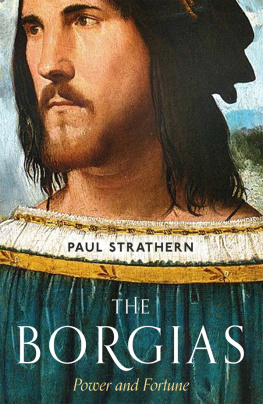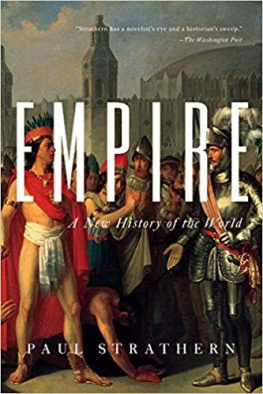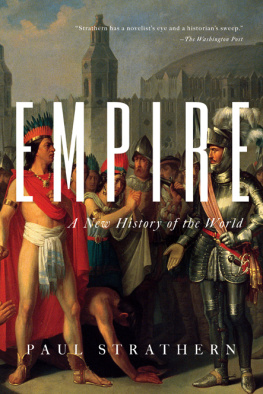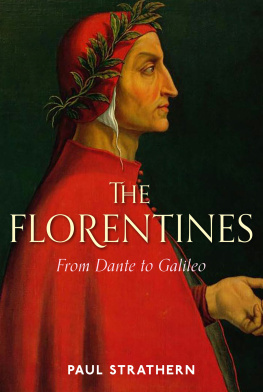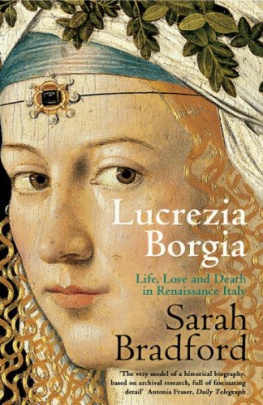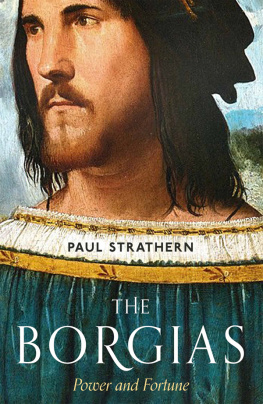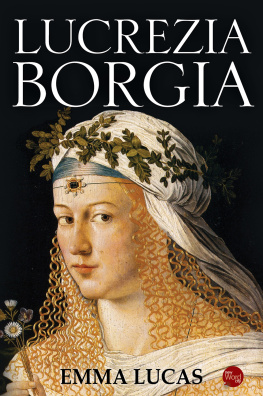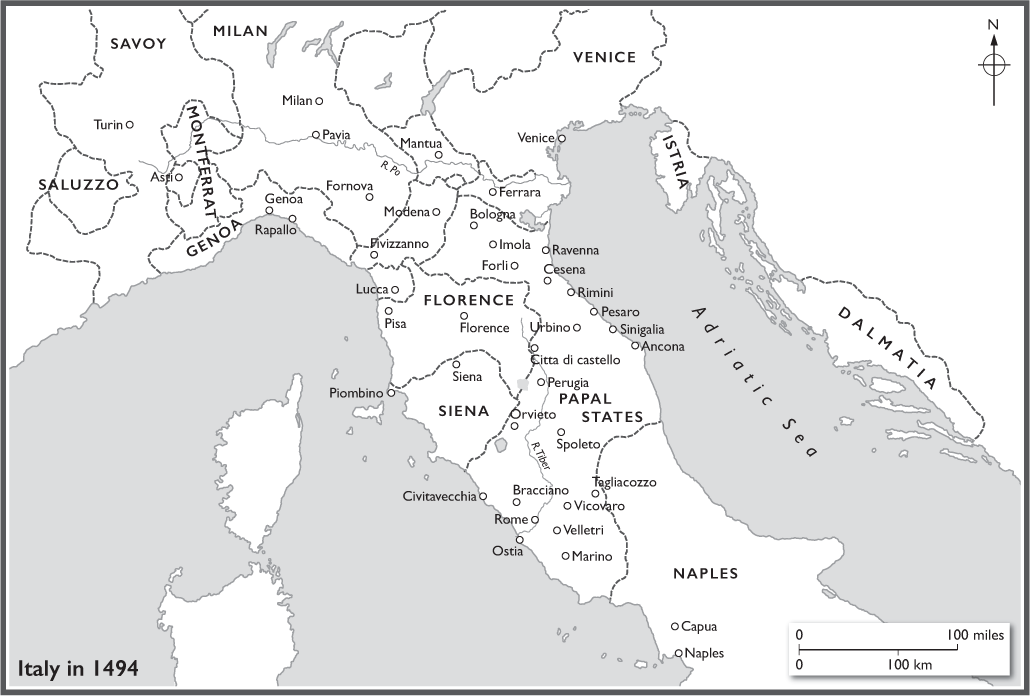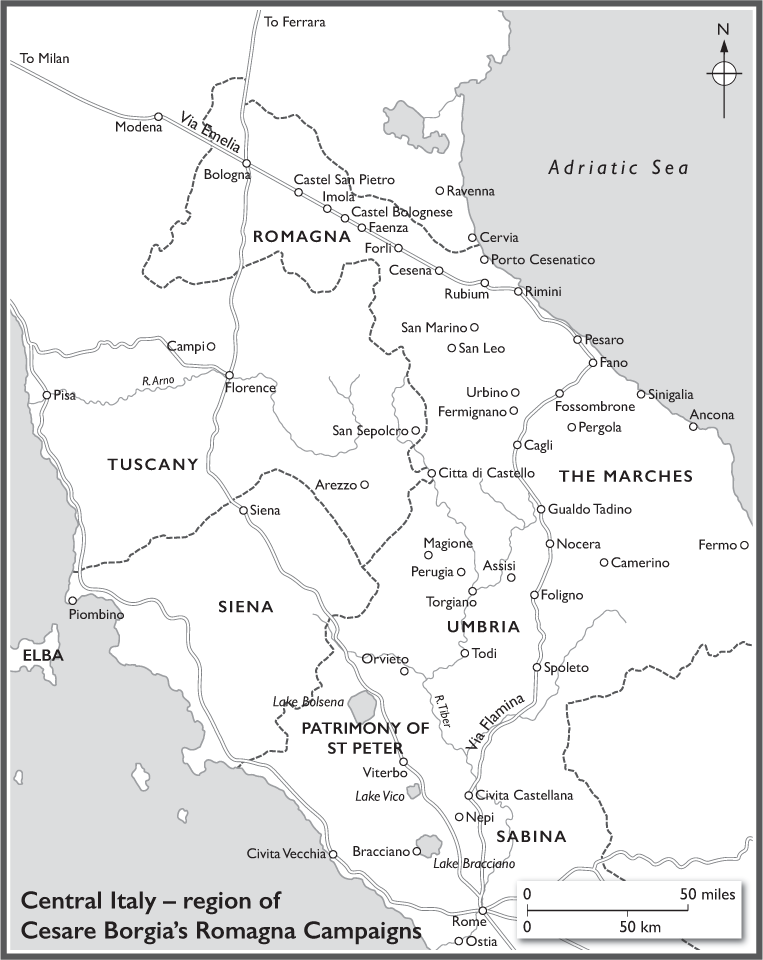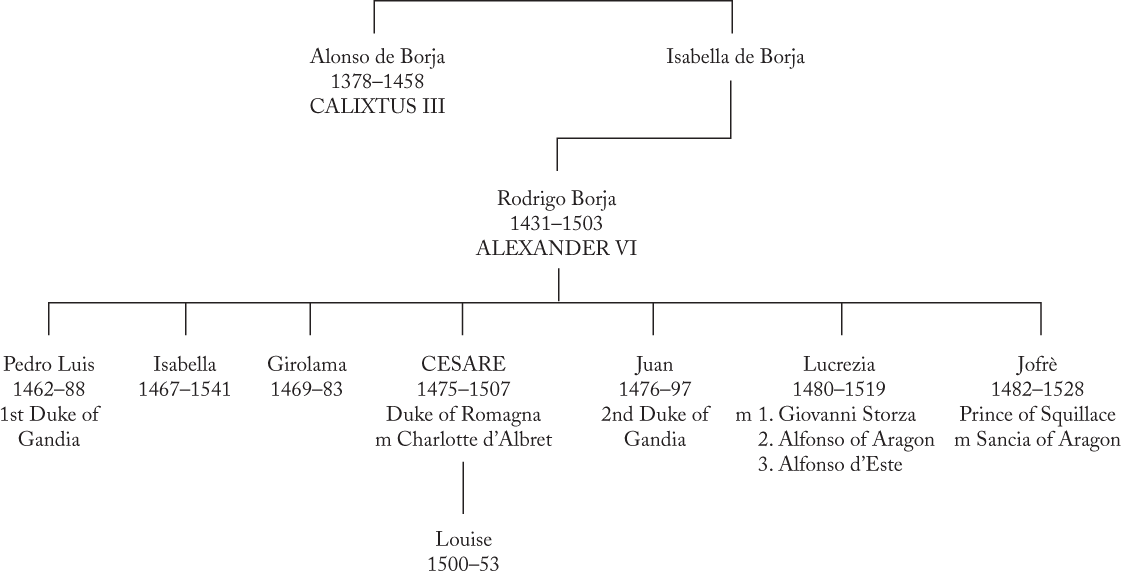Paul Strathern - The Borgias: Power and Depravity in Renaissance Italy
Here you can read online Paul Strathern - The Borgias: Power and Depravity in Renaissance Italy full text of the book (entire story) in english for free. Download pdf and epub, get meaning, cover and reviews about this ebook. year: 2019, publisher: Pegasus Books, genre: Non-fiction / History. Description of the work, (preface) as well as reviews are available. Best literature library LitArk.com created for fans of good reading and offers a wide selection of genres:
Romance novel
Science fiction
Adventure
Detective
Science
History
Home and family
Prose
Art
Politics
Computer
Non-fiction
Religion
Business
Children
Humor
Choose a favorite category and find really read worthwhile books. Enjoy immersion in the world of imagination, feel the emotions of the characters or learn something new for yourself, make an fascinating discovery.
- Book:The Borgias: Power and Depravity in Renaissance Italy
- Author:
- Publisher:Pegasus Books
- Genre:
- Year:2019
- Rating:4 / 5
- Favourites:Add to favourites
- Your mark:
The Borgias: Power and Depravity in Renaissance Italy: summary, description and annotation
We offer to read an annotation, description, summary or preface (depends on what the author of the book "The Borgias: Power and Depravity in Renaissance Italy" wrote himself). If you haven't found the necessary information about the book — write in the comments, we will try to find it.
This is but one of several paradoxes associated with the Borgia family. For the family which produced corrupt popes, depraved princes and poisoners, would also produce a saint. These paradoxes which so characterize the Borgias have seldom been examined in great detail. Previously history has tended to condemn, or attempt in part to exonerate, this remarkable family. Yet in order to understand the Borgias, much more is needed than evidence for and against. The Borgias must be related to their time, together with the world which enabled them to flourish. Within this context the Renaissance itself takes on a very different aspect. Was the corruption part of the creation, or vice versa? Would one have been possible without the other?
In this way, the Borgia too represent the greatest aspirations of the Renaissance. Condemning the Borgia is as futile as attempting to exonerate them. Their leadership and their depravity must both be taken into account, for it would appear that they are both part of the same picture. In the nineteenth century the German philosopher Nietzsche would outline his theory of the Will to Power. In the ensuing century this idea would be hijacked by the Fascists and put into ruthless practice. The Borgia were no Fascists, nor were they thinkers of the calibre of Nietzsche: yet it is arguable that they united both the idea and the practice of the Will to Power some four centuries prior to Nietzsches conception of this guiding human principle. Telling the story of the Borgias becomes both an illustration and an exemplary analysis of the strengths and flaws of this evolutionary idea.
The primitive psychological forces which first played out in the amphitheaters of ancient Greece: hubris, incest, murder, the bitter rivalries and entanglements of doomed families, the treacheries of political power, the twists of fate they are all here. Along with the final, tragic downfall. All these elements are played out in full in the glorious and infamous history of the Borgia family.
Paul Strathern: author's other books
Who wrote The Borgias: Power and Depravity in Renaissance Italy? Find out the surname, the name of the author of the book and a list of all author's works by series.

